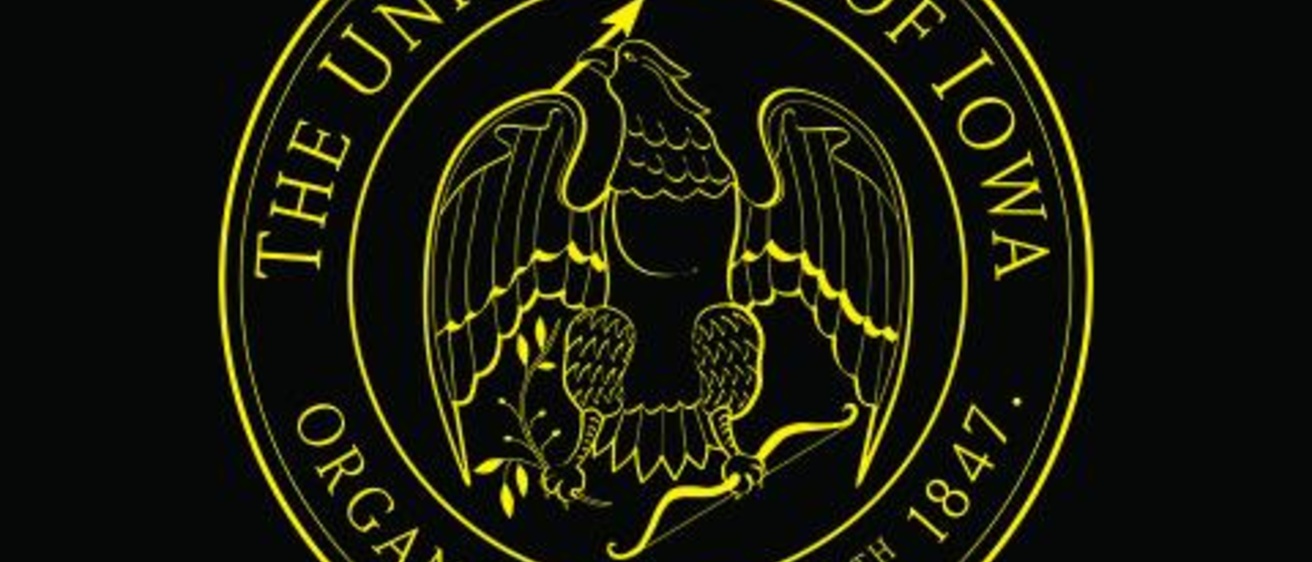The University of Iowa has long been the home of cutting-edge scholarship, research, and creative expression. From the health sciences to the digital humanities, Hawkeyes have always pushed the envelope, improving and enriching people’s lives.

Last week the university announced a statistic that represented a lot of hard work from many of our faculty, staff, and students. This number, 16 percent, represents the increase in federal research our campus earned this year through federal grants, many of them peer reviewed. One-year growth like that must not only be celebrated, but also closely studied so we can replicate it in future years.
These increases in federal research support to our university have allowed Iowa faculty to pursue important, cross-disciplinary projects that will have an impact many people, and particularly on Iowans, including optic nerve research, a partnership with the Iowa City Community School District to improve student outcomes, and a project aimed at preventing obesity in children, among many others. This research will provide tangible benefit to the people of this state, as well as many others around the world.
This increase in funding is also a sign that the university’s strategic plan has begun to take hold over the past fiscal year. And as we each know, peer-reviewed research is exceptionally important for an institution like the University of Iowa, not least because our ability to attract the best and brightest faculty is impacted by our research reputation.
Bearing in mind all of that success, we must also remember how uncertain our funding situation continues to be. Without a reliable source of research funding—or, in fact, a reliable source of funding for the university as a whole—we are in limbo. It is difficult to move forward with groundbreaking research without a guarantee that we will be able to maintain it the next fiscal year. Good research generally takes time. It’s a marathon, not a sprint—and it’s hard to complete a marathon when you aren’t sure the route has been marked for the next mile, let alone the whole race course.
The implications of that uncertainty are both serious and difficult to pin down. It’s impossible to predict which lab, studio, or archive will be the location of the next world-changing discovery and, therefore, we must avoid picking winners and losers. Instead, we must never forget the importance of supporting our research community. Iowa students, faculty, and staff have consistently made incredible contributions to fields as far flung as creative writing, astrophysics, and medicine. With those successes in mind, it’s more than reasonable to assume that any loss of funding to our research and academic enterprises jeopardizes future advances—advances that would impact not only the academic community but also the state, nation, and wider world. We must all double down on making sure we continually increase our commitment and support for research at our university.
Bear in mind: George Gallup, of Gallup Poll renown, earned a BA, an MA, and a PhD from Iowa; James Van Allen performed much of his research at Iowa, training generations of space scientists in the process; Flannery O’Connor studied writing at the Iowa Writers’ Workshop and went on to publish some of the most influential and canonized short stories of the last century. These are only three easy examples out of hundreds. There’s compelling evidence that Iowa facilitates astounding achievement. We can’t afford to stop.
UI faculty, staff, and students are at the forefront of their fields and have made Iowa a hub for advanced research and discovery. I’m inspired by their breakthroughs, and I can’t wait to see what else their efforts will yield. We have to protect and increase those efforts. That is our responsibility to the future, and we do not take it lightly.
